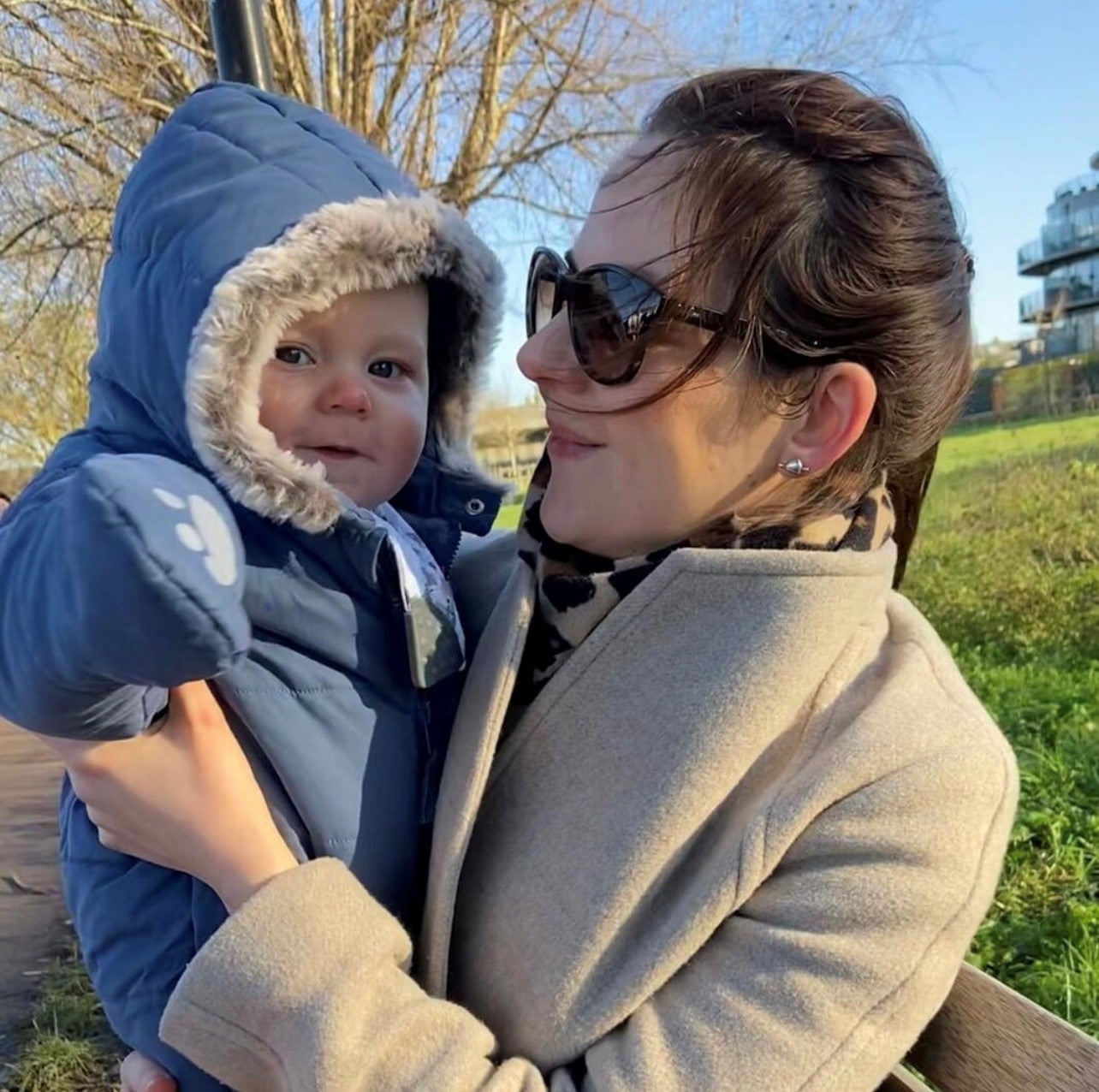Louis Thorold death: Pensioner found not guilty of careless driving that killed five-month-old
Shelagh Robertson’s driving ‘fell below the standard of a reasonable and competent driver’
A pensioner who was involved in a crash that killed a five-month-old baby has been cleared of causing death by careless driving.
Shelagh Robertson, 75, was driving home from a shopping trip to Tesco when she turned into the path of an oncoming van on the A10 at Waterbeach in Cambridgeshire on 22 January last year, Cambridge Crown Court heard.
The van collided with Robertson’s car, forcing the van onto the pavement where it hit Rachael Thorold and her five-month-old son Louis Thorold, killing baby Louis and throwing Mrs Thorold into the air, causing her serious injuries.
Robertson, of Stables Yard, Waterbeach, denied causing the infant’s death by careless driving, with her defence team arguing that she is not guilty by reason of insanity as she had undiagnosed dementia at the time.

James Leonard, defending, said in his closing speech that it was “obvious” Robertson’s driving “fell below the standard of a reasonable and competent driver”. But he said that Robertson was “ill-equipped to negotiate” the junction due to her dementia, and she was unaware of this as she was undiagnosed at the time.
“She’s trying to be safe but she just doesn’t have the presence of mind to be safe,” Mr Leonard said.
Prosecutor David Matthew said in his closing speech: “There’s no doubt here that Shelagh Robertson is suffering from a form of dementia and was suffering from it in January 2021.” He said that an MRI scan of Robertson’s brain which showed shrinkage of a part of the brain associated with memory and language, taken in September or October of last year, is “strong evidence of that”.
But he raised the question of “where on the slope of dementia Shelagh Robertson was in January 2021”.
“It’s not just a question of whether someone has dementia, it’s a question of how bad is it,” he said.

Mr Matthew said Robertson has no previous convictions.
Adam Zeman, professor of cognitive of behavioural neurology at the University of Exeter, was instructed by defence lawyers to compile a report on Robertson.
He told jurors that the defendant had “dementia caused most probably by Alzheimer’s disease in a slightly atypical presentation”.
Professor Zeman said Robertson would have been at “high risk of becoming confused at that junction and one possible outcome of the confusion would be to look the wrong way”.
The expert witness added that Robertson had “few close relatives” and her husband was “severely unwell”, which was significant as “it’s often the spouses who bring you along” for a dementia diagnosis.



